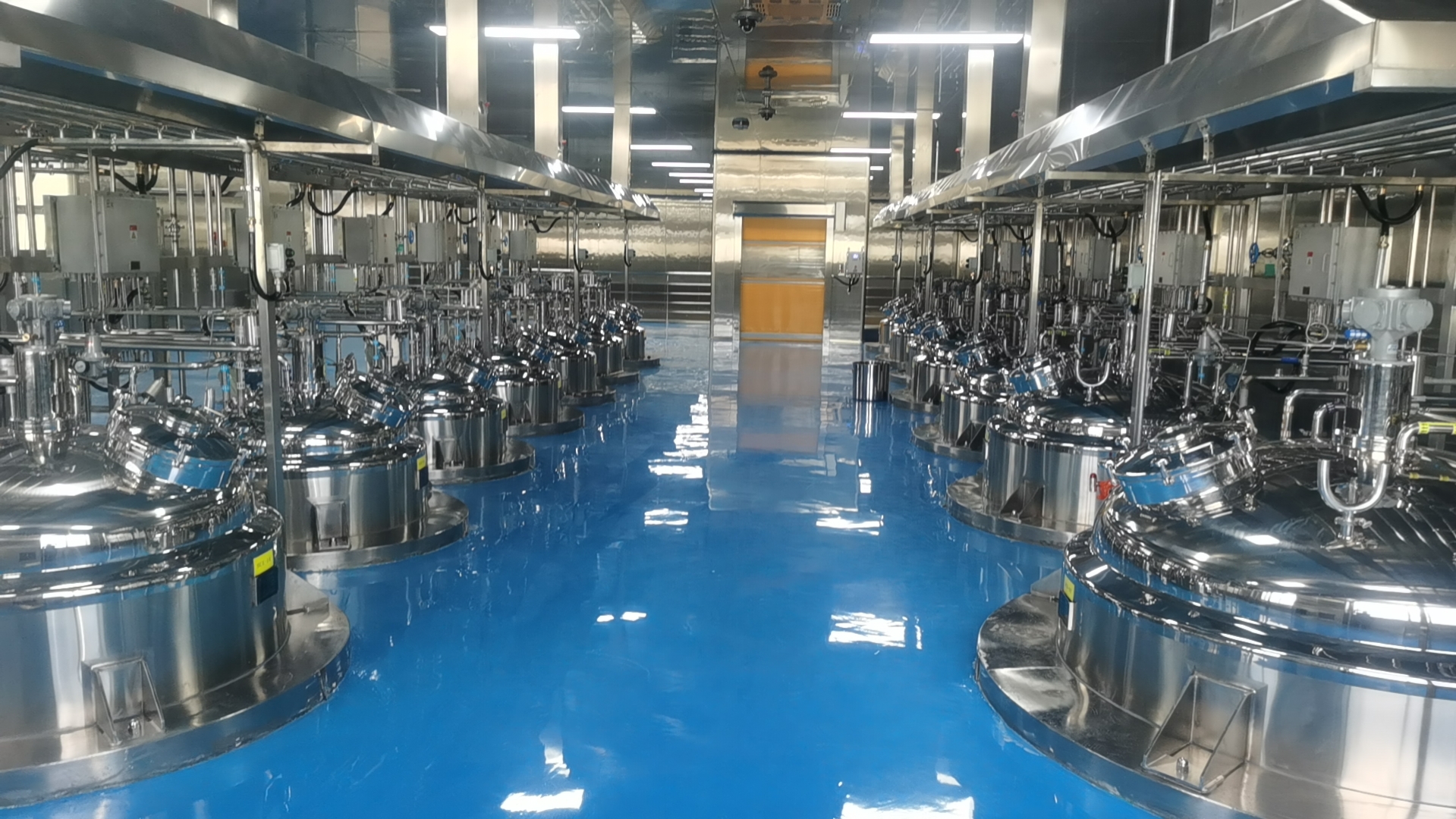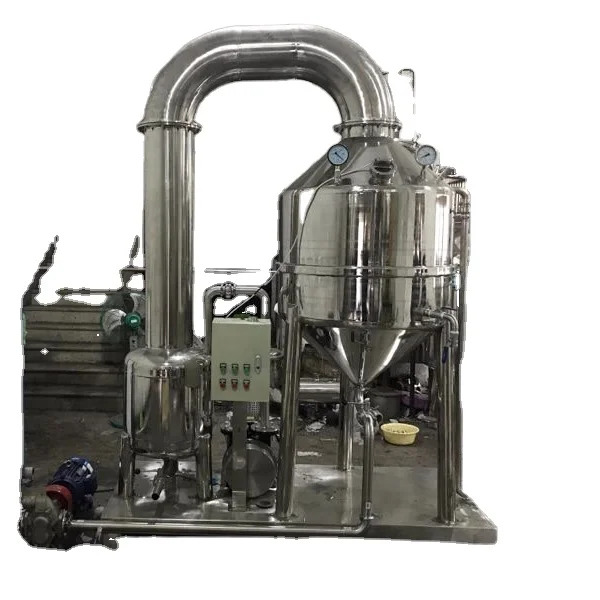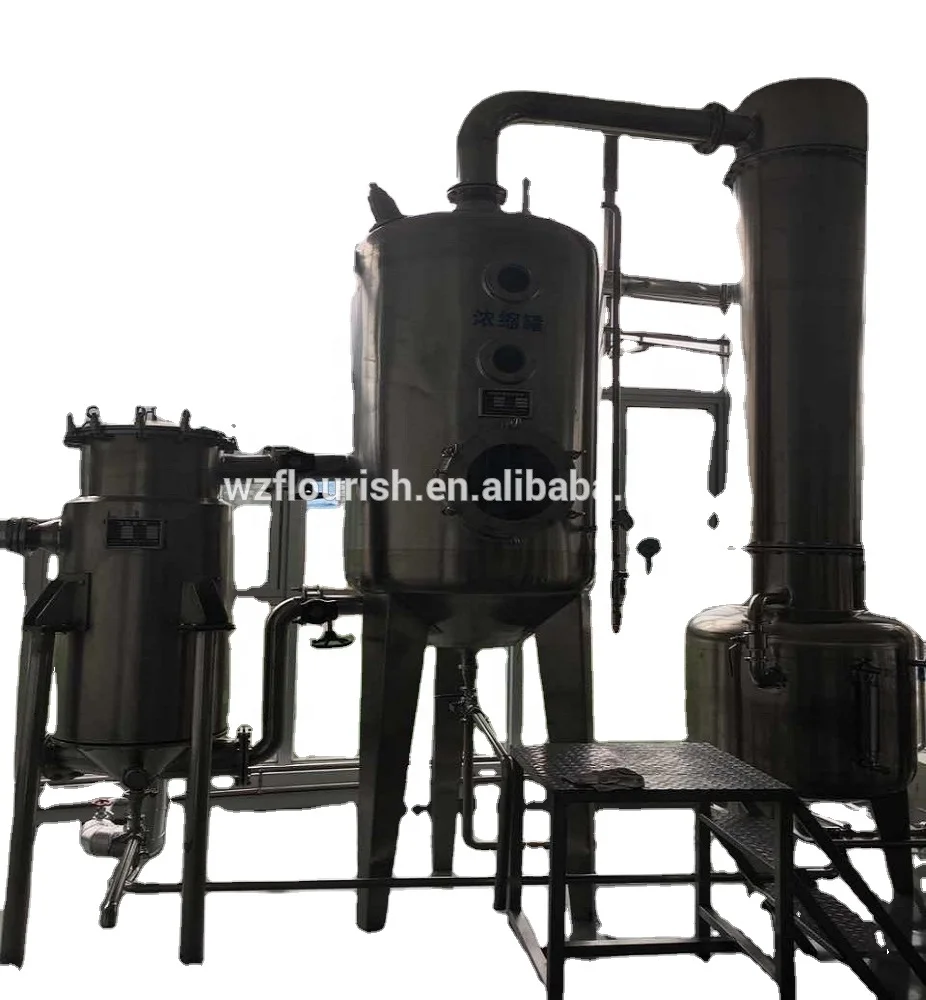
ABOUT
Wenzhou Vince Machinery Science Co., Ltd. was established in early 1980s. Our company covers an area of 6500 square meters and is an independent legal representative firm, possessing rich economic technology strength. Our company is a high tech enterprise and plays an important role in national dairy, foodstuff, pharmacy and machinery industries. We are a beverage machinery supplier.
Since the establishment, our company has mainly engaged in dairy products, foodstuff, beverage machinery, bean products, yellow wine, medicines and fermentation projects. What's more, our company supplies a complete sequence services in manufacturing, installation, test and personnel train, as well as the whole direction service design and consulting service on product project construction or enlargement artistic distribution engineering sets budget.
Fermentation Tanks Powering Food Science
Controlled Environments for Microbial Growth
Fermentation tanks, unlike traditional methods, provide a precisely controlled environment for microbial activity. Temperature, pH, and oxygen levels are meticulously monitored and adjusted, ensuring optimal conditions for the selected microorganisms. This precise control results in consistent product quality, minimizing variability and maximizing yield. Furthermore, the ability to control oxygen levels is particularly crucial, as some fermentations require anaerobic conditions (absence of oxygen) while others thrive in aerobic environments.
The design of the tanks themselves plays a vital role. Materials like stainless steel are preferred for their durability, resistance to corrosion, and ease of sanitation, preventing contamination and ensuring food safety. Many modern tanks also incorporate automated systems for monitoring and controlling various parameters, reducing the need for manual intervention and increasing efficiency.
Expanding the Culinary Landscape
The controlled environment offered by fermentation tanks allows food scientists to experiment with diverse microbial strains and substrates, broadening the range of fermented products. This has led to the development of novel foods with unique textures, flavors, and nutritional profiles. Think of kombucha, kimchi, or even certain types of cheeses – all benefiting from the precision fermentation tanks provide.
Beyond traditional fermented foods, fermentation tanks are also playing an increasingly important role in producing innovative ingredients. For instance, they're used to create sustainable protein sources from microorganisms, offering a potential solution to global food security challenges. This push towards sustainable and innovative food production is heavily reliant on the capabilities of advanced fermentation tanks.
Ensuring Food Safety and Quality
The controlled conditions within fermentation tanks are not only beneficial for product quality but also crucial for food safety. The ability to maintain optimal temperature and pH levels inhibits the growth of undesirable microorganisms, minimizing the risk of spoilage and contamination. Furthermore, the hygienic design of the tanks facilitates easy cleaning and sterilization, further reducing the likelihood of harmful bacteria or pathogens.
Strict adherence to sanitation protocols and regular monitoring of microbial populations within the tanks are essential aspects of ensuring food safety. This meticulous approach, facilitated by modern fermentation tank technology, contributes to the production of safe and high-quality fermented foods that consumers can trust.
SUBSCRIBE
INQUIRY





